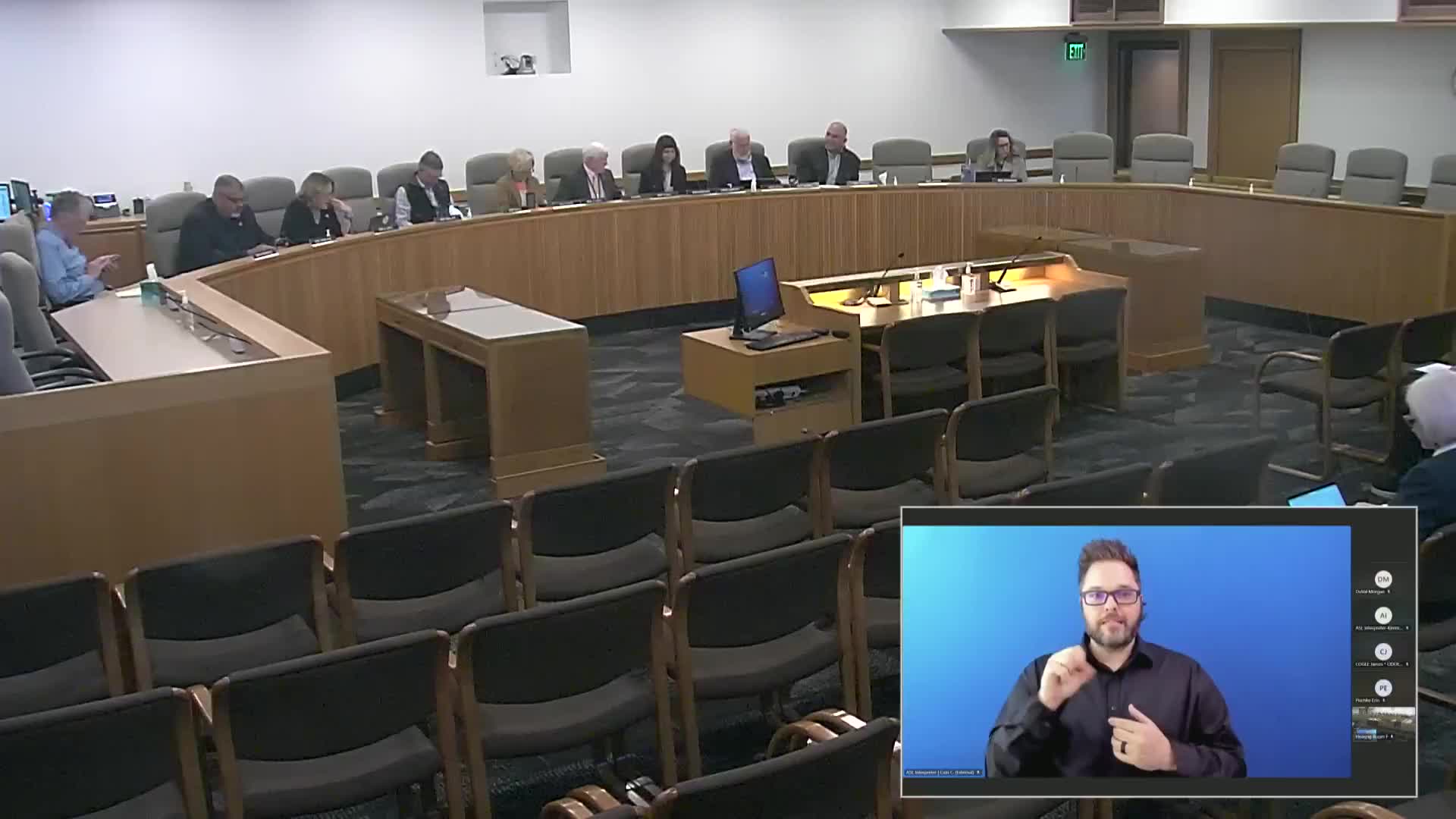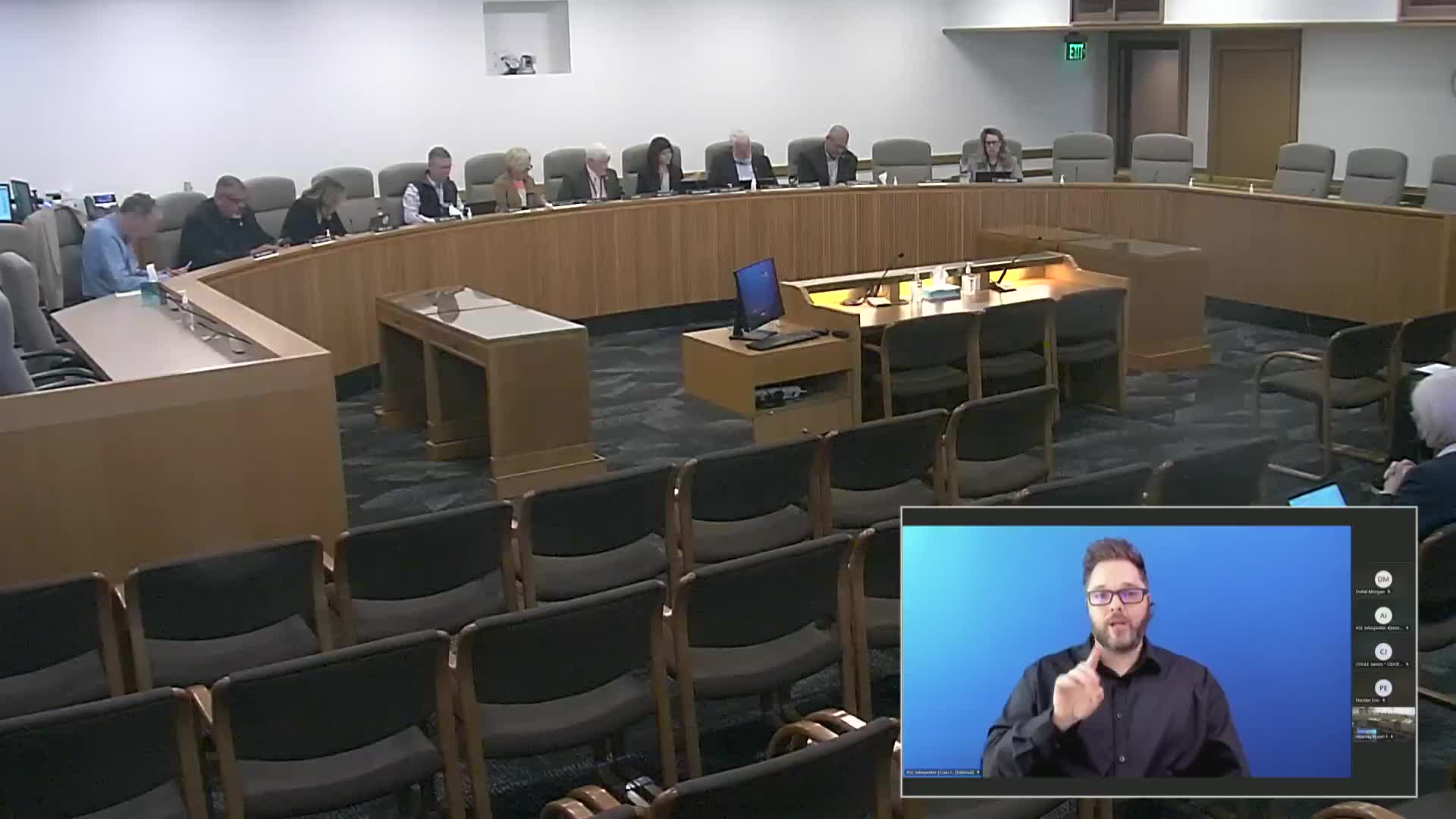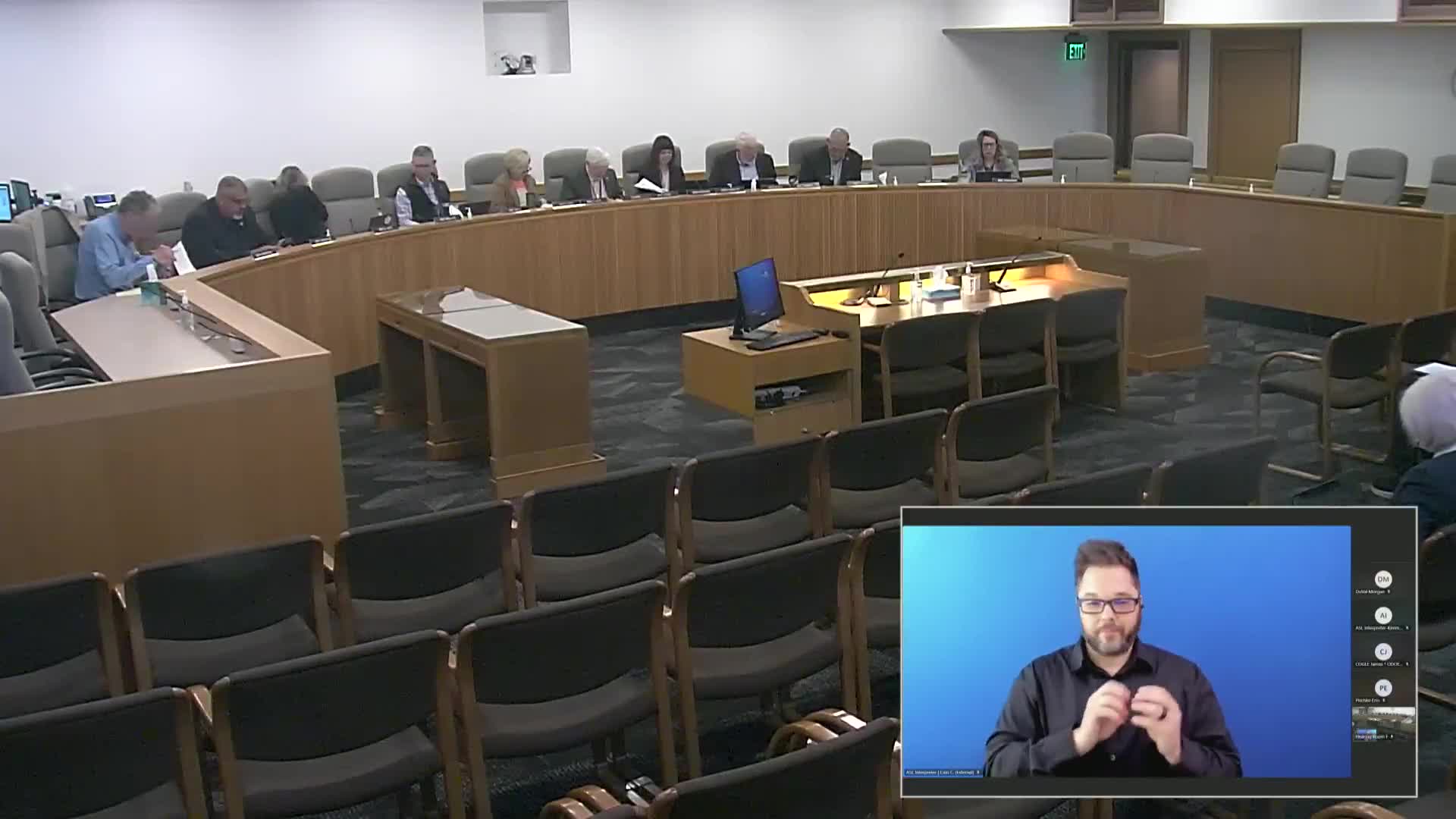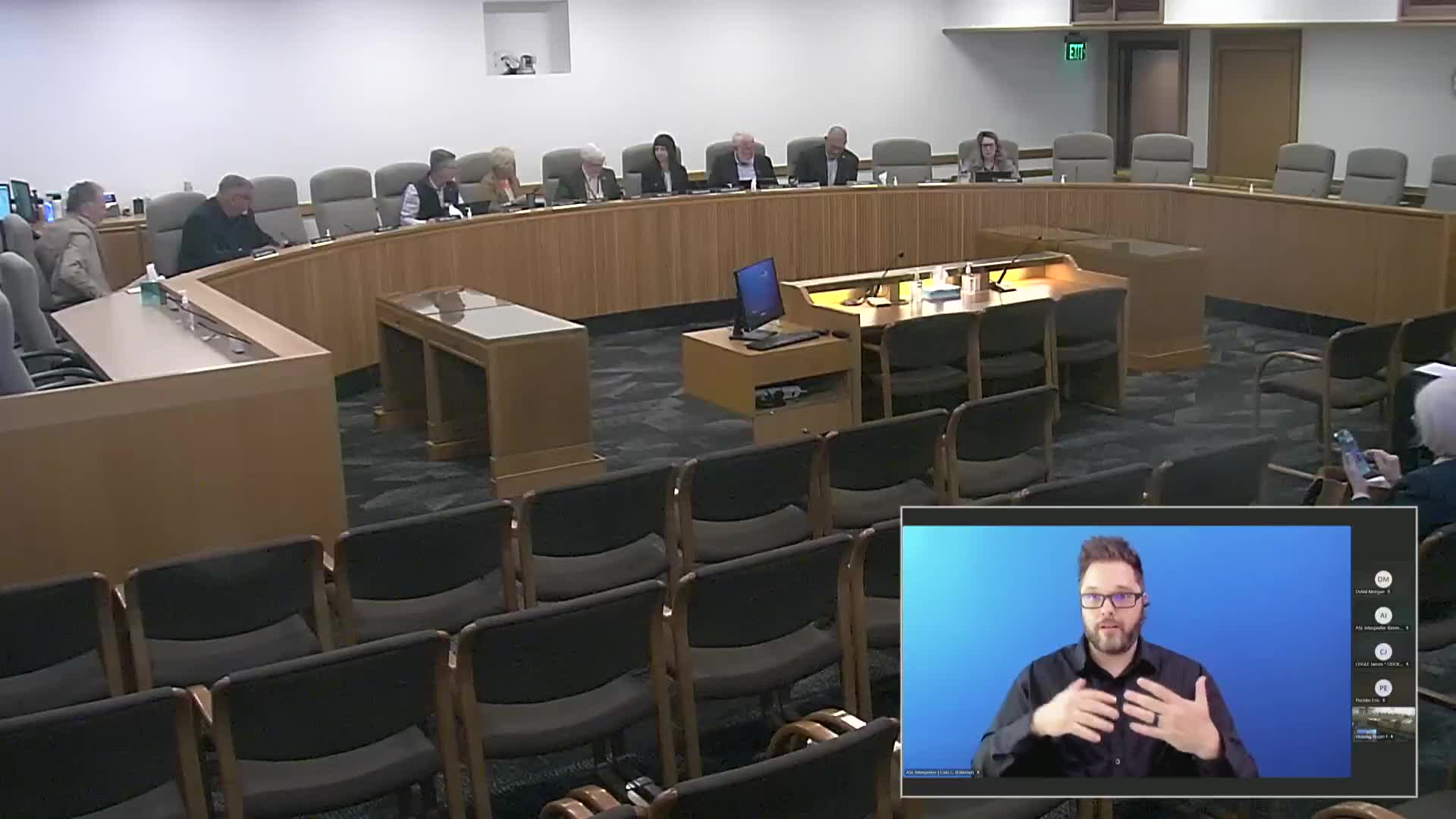Article not found
This article is no longer available. But don't worry—we've gathered other articles that discuss the same topic.

Hearing on Marion County waste control bill draws industry opposition and local advocacy for city control

Committee advances bill to expand solar rebate program to paired energy storage

Committee sends septic loan program changes to floor to allow grants and extend eligibility

